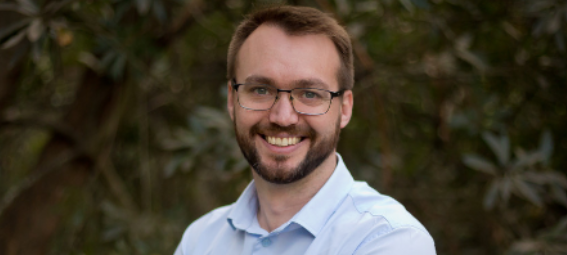The World Economic Forum (WEF) suggests that the global workforce is hurtling towards a profound workplace transformation, which will require 39% of core skills to change by 2030.
In its Future of Jobs Report 2025, the WEF predicts that artificial intelligence (AI), green energy and the care economy will create 170 million new jobs by 2030; however, this new revolution will also eliminate 92 million jobs in other sectors.
However, the approximately 78 million net new jobs will be contingent on a massive global reskilling effort, which raises a critical question: Is today’s education system preparing children for this new reality?
The authors based their report on the views of more than 1 000 global employers to conclude that the fastest-growing jobs will be in fields such as AI and machine learning, renewable energy engineering and cybersecurity, while clerical and secretarial jobs will decline.
The most sought-after skills will be a blend of high-tech and deeply human capabilities, with analytical thinking topping the list, followed closely by AI and big data expertise, and the human-centric skills of resilience, flexibility and agility.
This global forecast exposes a critical vulnerability in South Africa. For many pupils, schooling remains a relic of a bygone era: large classes, rigid schedules, and a heavy focus on rote memorisation for exams.
This model, experts warn, is failing to cultivate the adaptability and digital fluency the future demands.
“The traditional model doesn’t reflect the way modern teams work,” said Mark Anderson, co-founder and principal of Koa Academy, an online school.
“While graduates may know their subjects, they often struggle to apply that knowledge creatively, adapt quickly to change and communicate effectively.”
This local skill mismatch is confirmed by the Department of Higher Education and Training’s research on the labour market, which consistently finds new labour force entrants lacking in critical thinking, communication and problem-solving.
In response, a new educational paradigm is required, not just to impart knowledge but to build resilience.
Anderson said the new model will integrate digital fluency and explore age-appropriate AI uses.
“Education needs to become more agile and connected to the real world,” he added
This approach aims to create the “future-proof” student: one who is confident using AI tools but can also lead teams, empathize with customers and solve problems creatively.
Anderson said pupils need to be encouraged to develop and pitch real business ideas as early as possible.
The WEF’s report presents the reskilling challenge starkly: if there were 100 people in the world’s workforce, 59 would require training by 2030.
For South Africa, ensuring that the next generation enters that workforce ready to thrive, rather than needing remedial reskilling, is the defining educational challenge of this decade.
The lesson is clear: in the classroom of the future, adaptability is the core curriculum.



